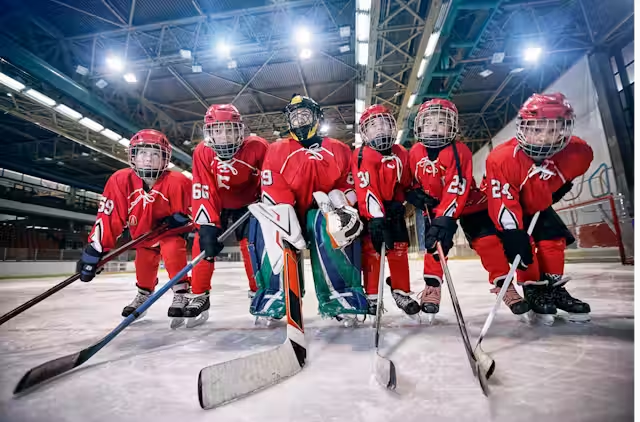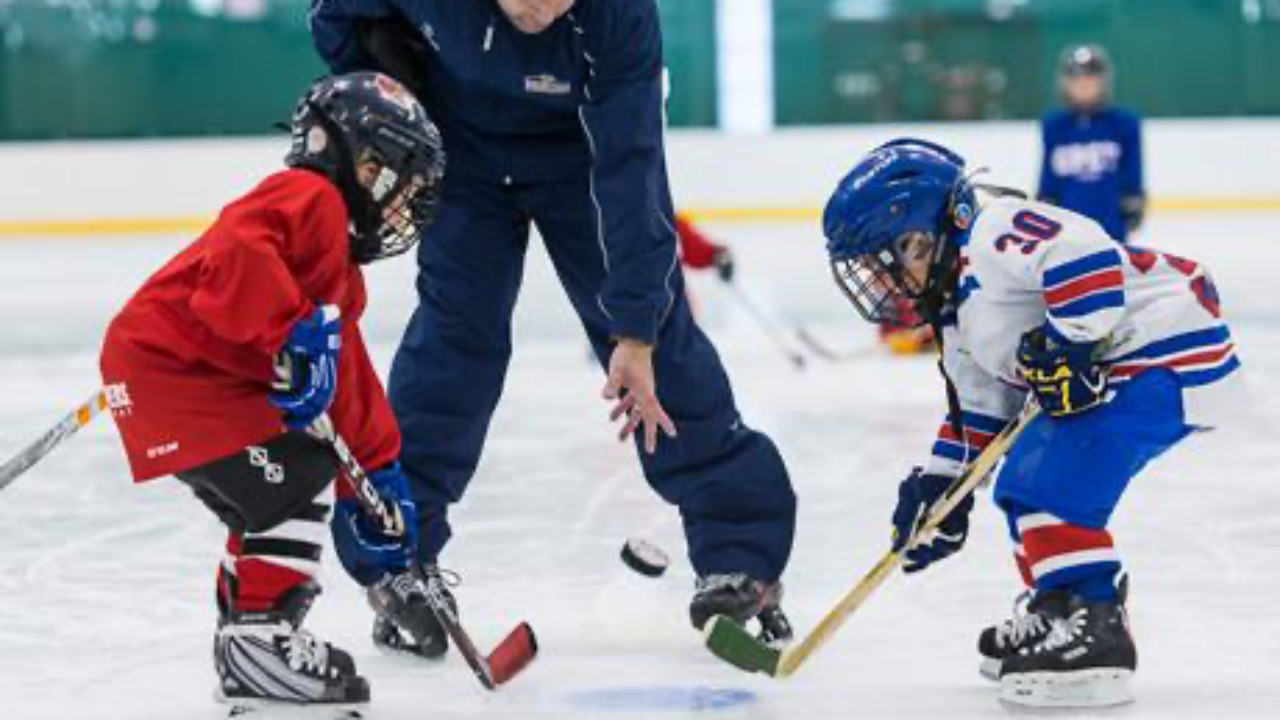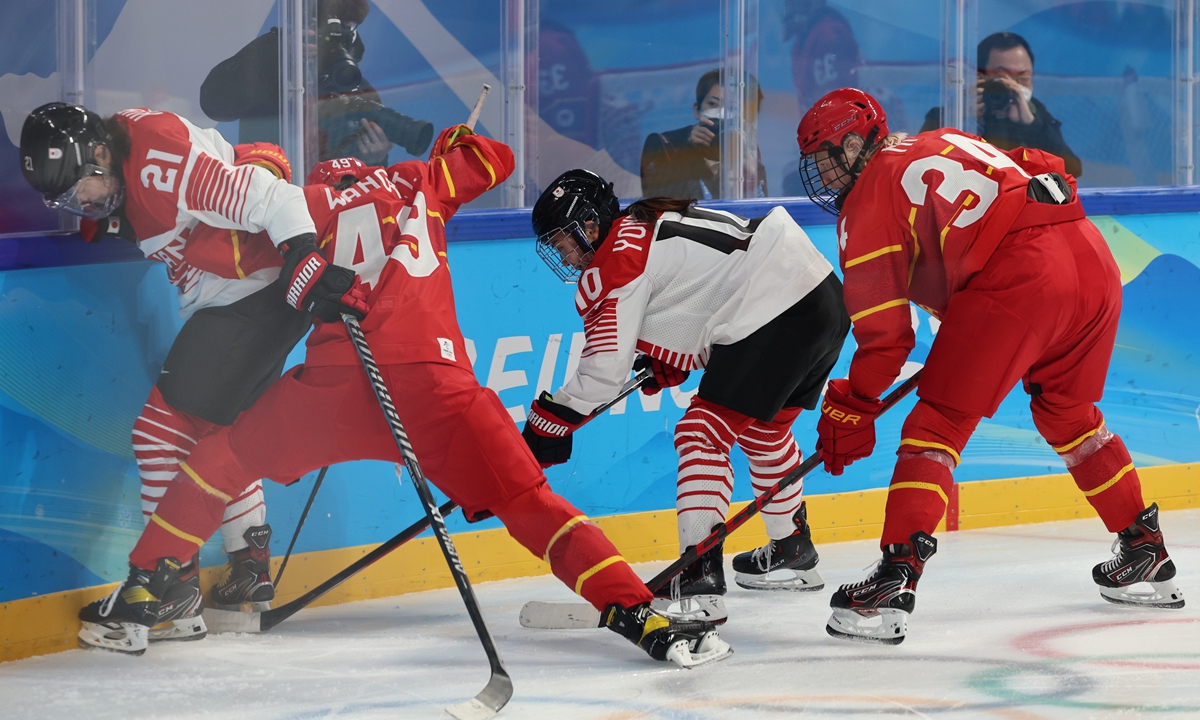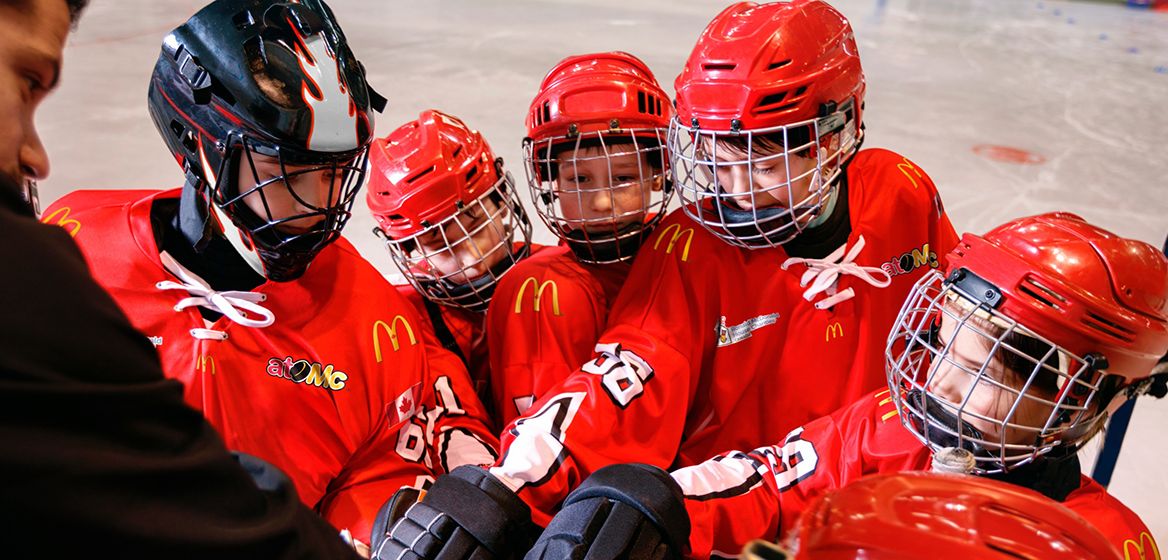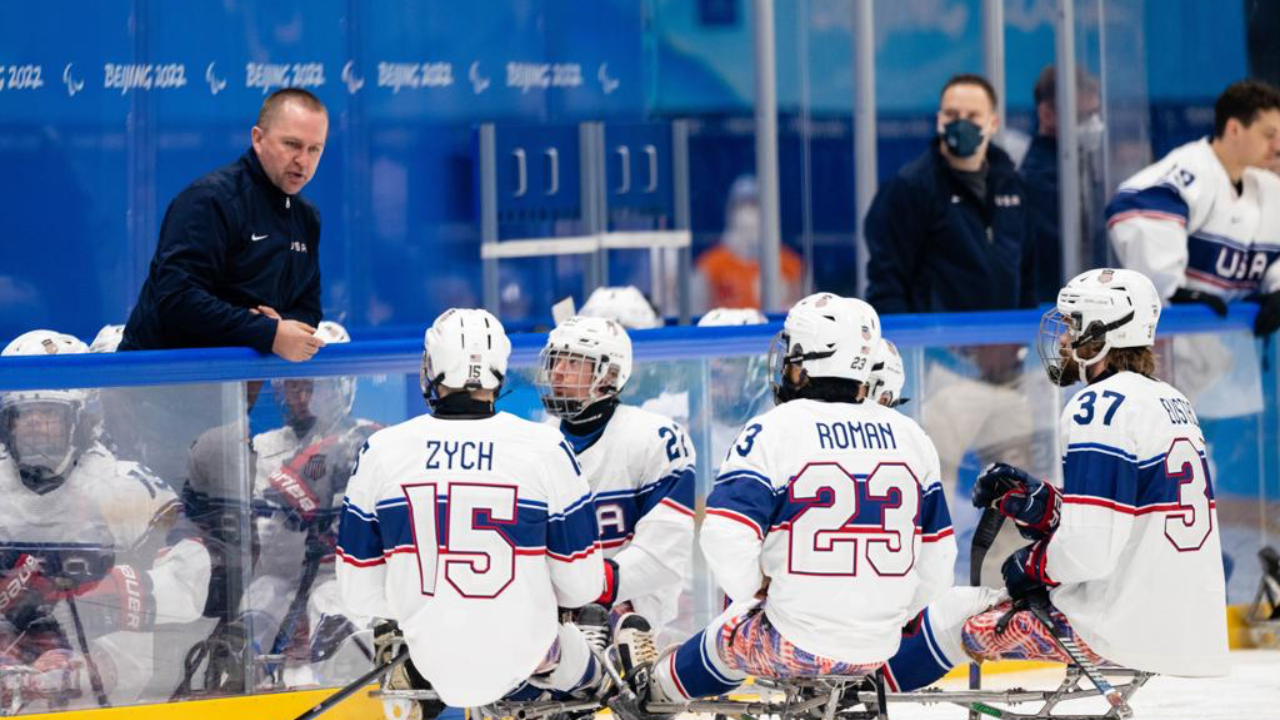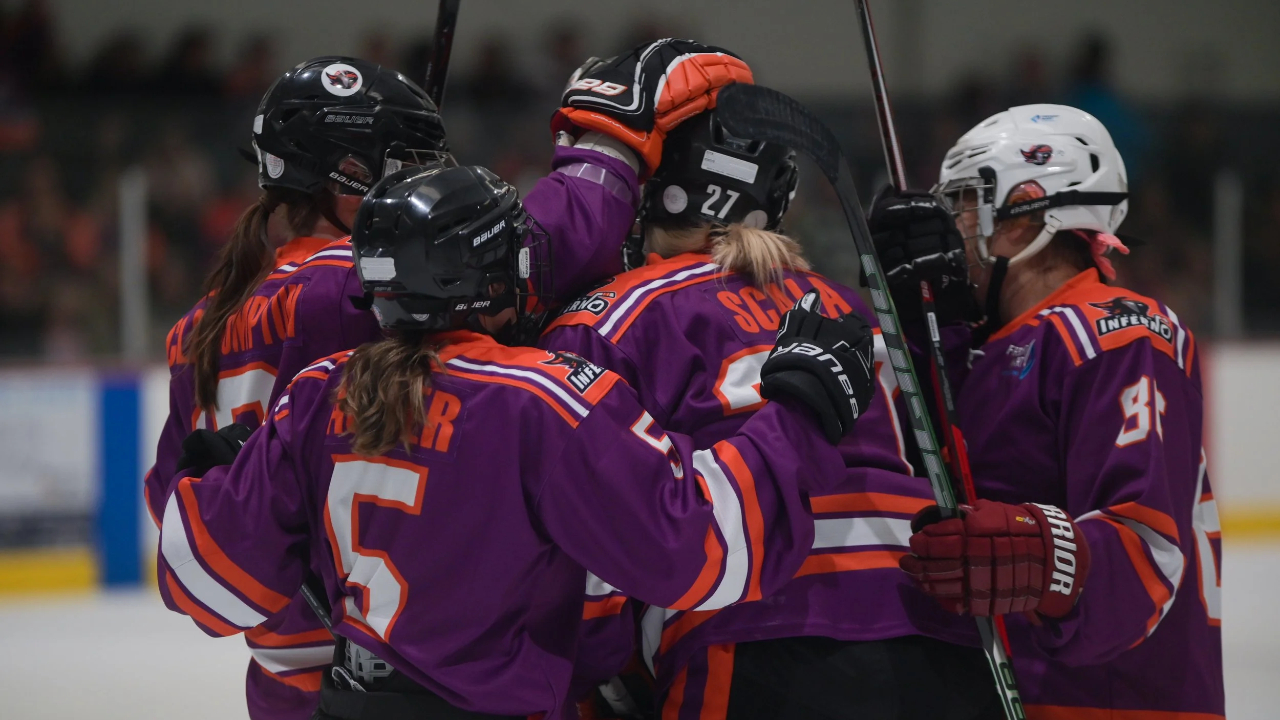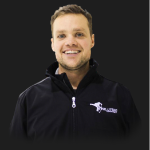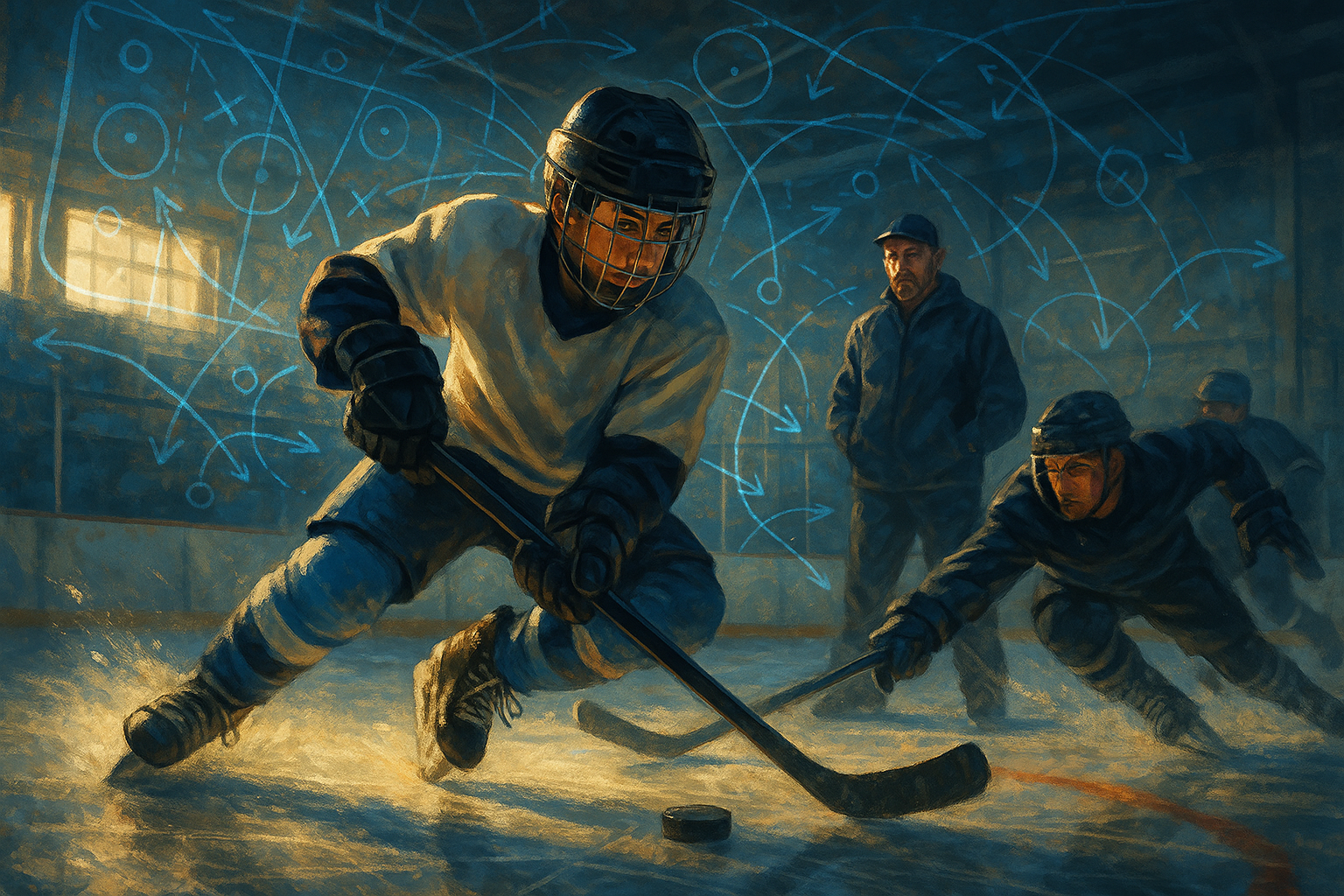
Why smart players aren’t born, they’re trained inside the chaos of the game
You’ve heard it before:
“He’s got that hockey sense.”
“She just sees the game differently.”
“Some players just have ‘it’.”
But what if ‘it’ isn’t magic?
What if hockey IQ isn’t something players are born with, but something they build?
That’s the shift we need to make. Because if we keep treating Hockey IQ like a superpower, we’ll keep waiting for it to show up… instead of learning how to develop it.
The Game Is Made of Frames
Hockey isn’t played in drills, systems, or even shifts. It’s played in frames of time, tiny fleeting windows where opportunities appear and disappear.
We call these affordances, real-time chances to act based on what the player sees, feels, and believes they can do.
High-IQ players?
They see more of those frames.
They act sooner.
They solve problems before the window closes.
It’s not that the game slows down; it’s that their perception speeds up.
And that’s not a gift. That’s training.
Ecological Dynamics: The Science of Smarter Players
Instead of teaching players what to do in a static drill, ecological dynamics teaches them how to perceive and act in real game situations.
At the core?
Perception-Action Coupling, the ability to see and do in one fluid motion.
If you train perception separately from action, you kill decision-making. But if you train both together, inside the game’s chaos, you build adaptable, game-ready brains.
Don’t Repeat the Movement. Repeat the Problem.
Traditional training is clean: cones, patterns, pass-pass-shoot.
But real games are messy: broken plays, speed mismatches, fatigue, pressure.
That’s why we shift to an affordance-led approach. We use constraints, like time limits, space reductions, or player overloads, to let the game teach.
You don’t tell players what to do.
You build environments where they have to decide.
The Ecology to Execution Spectrum (EES)
To make this practical, I built the Ecology to Execution Spectrum (EES), a sliding scale from isolated skill learning to full-game execution.
Paired with the Developmental Skill Profile (DSP), it helps coaches design training that meets players where they are and moves them forward with purpose.
Whether it’s a rep-level kid or a new-to-the-game goalie, this framework lets us train the individual, not just run the team.
Small Area Games: Hockey’s Intelligence Gym
If traditional drills are flashcards, Small Area Games (SAGs) are a lab.
They:
· Increase decisions per minute
· Shrink space to amplify thinking
· Mimic game pressure without faking it
· Create repetitions of real problems, not scripted actions
Every time a player touches the puck in a SAG, they’re learning:
“How do I solve this moment?”
My 17U Experiment: Training Smart at Every Level
· One hour of ice.
· 35 players.
· Skill levels range from elite to brand-new.
I used EES, SAGs, and group-based constraint design to create sessions where:
· Everyone was challenged
· Everyone was engaged
· Everyone got better
Goalies weren’t isolated.
New players weren’t left behind.
Elite kids didn’t tune out.
It was inclusive. It was intelligent. And it worked.
Training Smarter, Not Just Harder
This isn’t about doing more drills.
It’s about doing the *right* kind of training
The kind that builds decision-makers.
The kind that transfers to the game.
The kind that develops hockey IQ frame by frame.
Final Thought: The Future of Hockey is Intelligent
Hockey sense isn’t for the gifted.
It’s for the trained.
And training players to think the game starts with how we coach it.
So, here’s my challenge to you:
Stop chasing perfection in drills.
Start designing environments where players can perceive, decide, and adapt.
Because in today’s game, the smartest player usually wins.
Want more on building Hockey IQ through ecological coaching?
Sign up for updates, coach chats, and upcoming training templates at NRG Hockey Academy.

